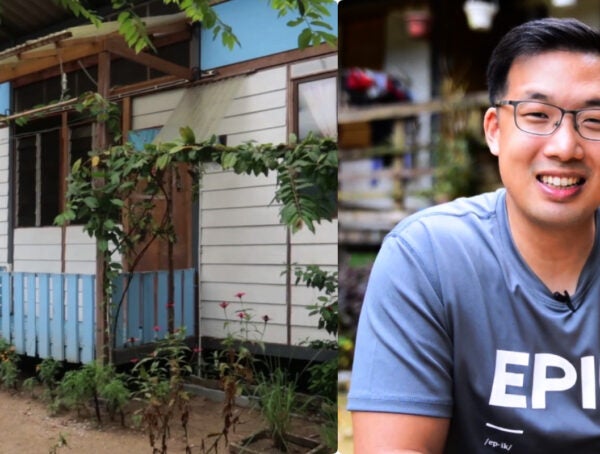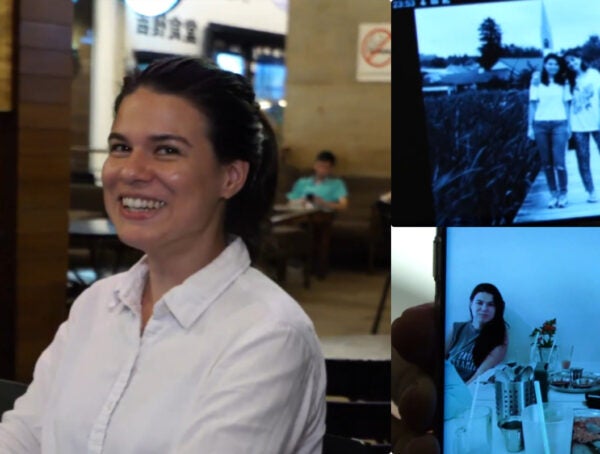Disclaimer: In Real Life is a platform for everyday people to share their experiences and voices. All articles are personal stories and do not necessarily echo In Real Life’s sentiments.
Subscribe to our Telegram for updates.
In this personal story, a guest writer interviewed 3 prisoners on death row only days before they were executed. This is his account as written from his point of view:
I’m Ghanesh, a retired reporter living in KL.

Image via Getty Images
I’ve been a news reporter for 29 years.
Some of my most memorable reporting experiences include the North Pole Free Fall Expedition in 1998, flying into Aceh during the tsunami in 2004, and visiting Lebanon during the Israel-Hezbollah War in 2006.
Each of these assignments have left a deep personal impact on me, but there is one story I’ll never forget: The day I interviewed three prisoners on death row in Kajang Prison over 10 years ago.
I was tasked to interview a 3 death row prisoners in Kajang Prison
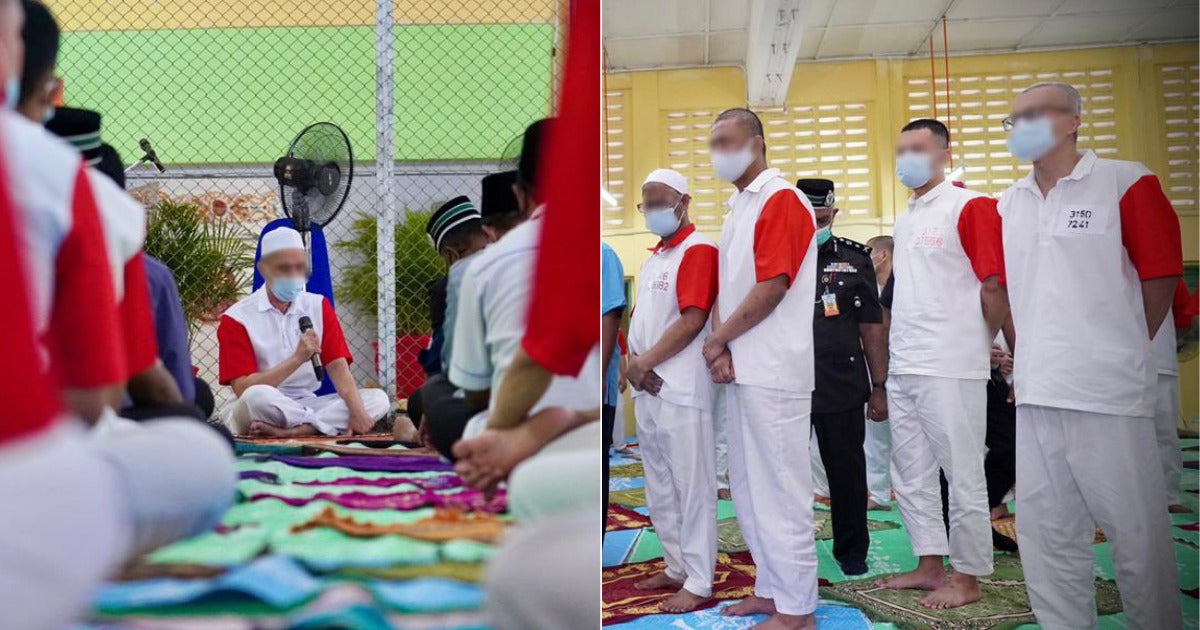
Image for illustration purposes only, taken with permission from Twitter user @drzul_albakri
I was granted permission to interview three male prisoners in one day as part of my assignment.
They were named Faizul* , Cheng*, and Lan*, (*Names changed out of respect for the deceased & their family).
The Malay man, Faizul, looked to be in his 40s, and had already spent seven years in prison.
As I approached him with two guards behind me, I felt intimidated by his large stature, even with strong iron bars separating us outside the cell.
They told me Mr. Faizul had been convicted of murder. Hearing that, I couldn’t help but think how it seemed like karmic justice that he had taken a life, and whose life would now be taken from him.
He noticed my discomfort and came forward to the bars slowly, without aggressiveness.
“Are you scared of talking to me? I promise you, the longer you interview me, the more you’ll like me,” he said, smiling as if to reassure me.
This did not put me at ease in the slightest.
“Us prisoners are only allowed to leave their cells for one hour each day,” he shared. He explained that he had been in his cell for 23 hours a day for seven years, so any time spent talking to someone would provide relief.
“If I had the choice between hanging and waiting longer in prison, I would choose to be hanged.” – Faizul, murder convict.
“Why is that?” I asked.
“People go crazy being inside, doing nothing but staring at the walls in a small cell for 23 hours a day.”
When it comes to receiving a verdict, the waiting process is arduously long. It starts from the High Court to the Federal Court and then the Sultan. Only he can make the final decision.
In a twisted way, the wait for the verdict was more mentally torturous for them than death itself. Prisoners would plead for either a swift pardon or execution, as the mental torture of waiting was unbearable.
I wondered how any human could manage to stay sane while living in a cage for 7 years.
A painful image of animals in cages flashed through my mind, but I quickly suppressed it, bringing my mind back to the present.
The Malay prisoner told me the reason he was in prison: To protect his ex-wife.
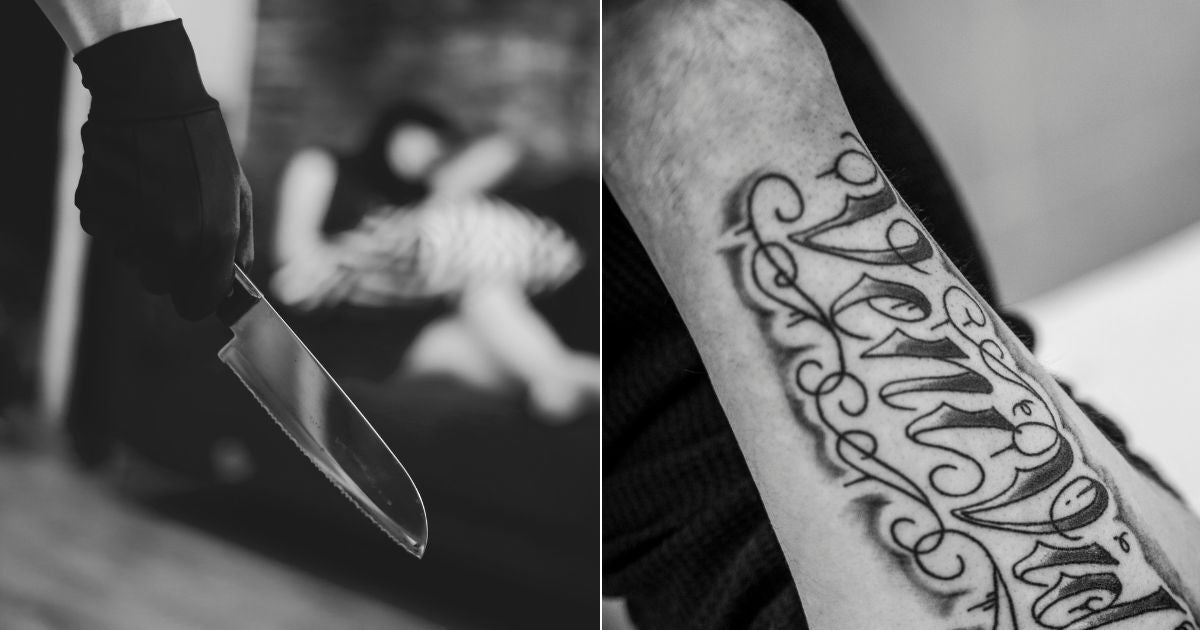
Image via Canva
After a brief silence, he continued, explaining that he had made a tattoo on his forearm to symbolize his love for his wife and children.
He showed me his tattoos which rippled on his massive forearm.
“Do you want to know why I’m in prison? My wife and I used to run a business. One day, over a business misunderstanding, she accidentally killed someone.”
“Out of love, I disposed of the body and took responsibility for the murder. However, as we were escaping, we were caught by PDRM at a roadblock.”
In court, he admitted to being the murderer to save his wife from the brutality of prison.
The tragic part of this story was that, although his wife promised to be faithful, she never visited him during his seven-year incarceration.
“That’s why I made the tattoo. I wanted to remember her, even if she has chosen not to remember me,” he said.
It’s a heartbreaking story, if true. He claimed that he’s not lying and he’s not guilty, but regardless, he has submitted himself to God.
I spoke to two drug dealers: Chen, a Chinese man and Lan, an Indian man
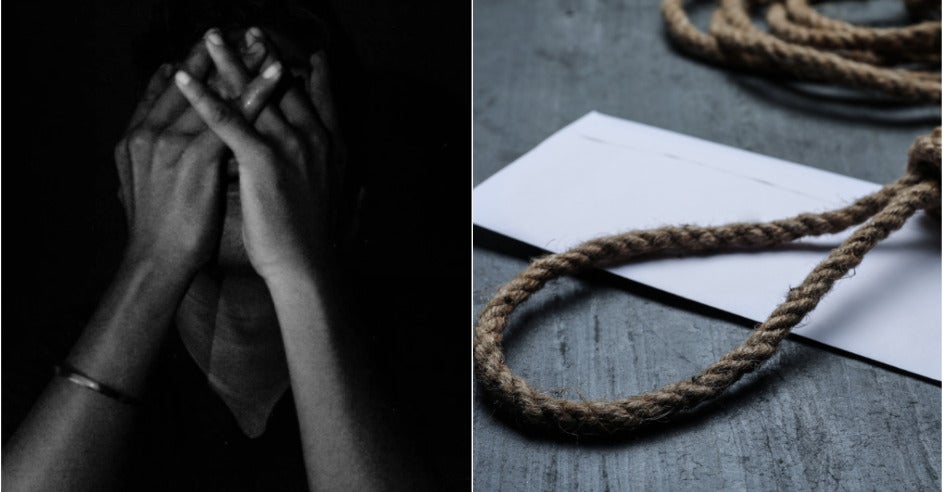
Image via Canva
The other two prisoners were a Chinese man named Cheng and an Indian man named Lan.
Both drug dealers, they also shared the same sentiment as Faizul: That waiting for the verdict was so unbearable, they would choose to be hanged if given the chance.
I spoke to Lan, who had converted to Islam during his time in prison.
He spoke about how he had turned to Allah to repent (taubat) for his sins.
“I pray 5 times a day and read the Qu’ran whenever I feel afraid,” he shared.
As I concluded the interview, he asked me for a favor.
“Could you visit my ex-girlfriend in Sungai Besar? Please convey my love and regards to her,” he pleaded with me.
I said I would try my best. He told me that he just wanted to know she was doing alright, then he would feel at peace at the moment of his death.
I felt pity for them, especially for the husband who took the fall for his wife. As for the drug dealers, that was their own action and mistake, and they knew what they were getting themselves into.
All the same, I could sense the regret from each of them as they contemplated their life choices.
An Ustaz would conduct prayers for the Muslim prisoners just before their execution
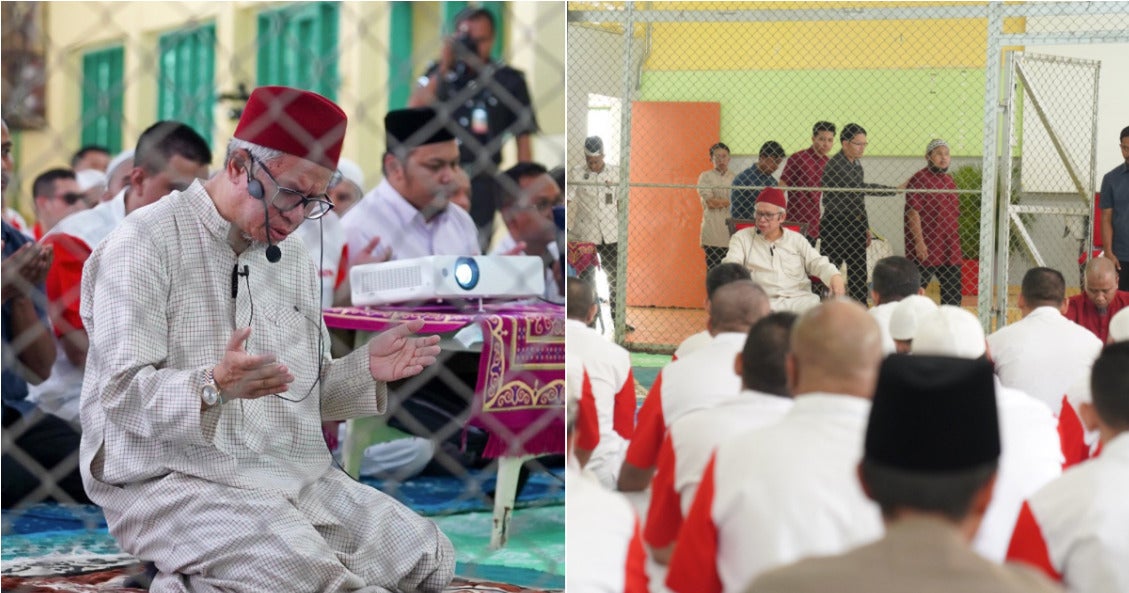
Image via Twitter user @drzul_albakri
I then spoke with a retired Ustaz (name removed on request) who had been the religious counsel for the Muslim prisoners before their executions.
The Ustaz explained that since these prisoners knew their death date, this made them very religious and prayerful.
Unlike most of us, they knew when they would die, so they could focus on praying to Allah to forgive their sins.
This knowledge was their only respite for what was to come.
After giving their last salam in their prayers, two wardens would take Muslim prisoners to the execution room.
In those last moments, most death row prisoners would lose control of their bodies.
They would fall to the ground, quivering and weeping. It was as if fear had completely paralysed their bodies.
The death row prisoners would warn the other prisoners not to commit the same crimes and face the same consequences as they did. They acknowledged their wrongdoing and expressed regret for their actions.
My short visit to the prison changed me deeply.
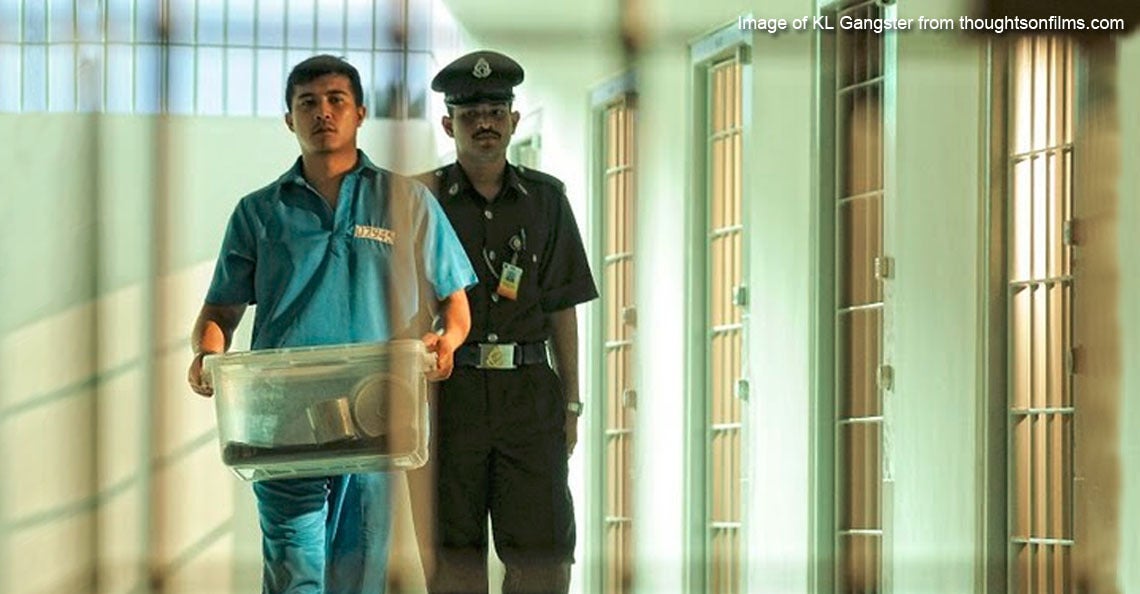
Image via thoughts on films, for illustration purposes only.
After talking to these prison inmates, I am grateful for the opportunity to lead a normal life compared to the harsh reality these prisoners face.
The experiences they shared with me have deeply impacted me, leaving an indelible mark on my memory.
Two years after speaking to Lan, I received a call from one of my interns, who told me Lan had been released and pardoned. He thanked me for featuring him on TV, and called me the day he was released.
Unfortunately, I don’t know what happened to the other two death row prisoners.
As a retired journalist, I consider it my duty to share these stories, both tragic and inspiring, so that others may learn from them and find the strength to lead a better life.
Through my reporting, I have come to understand the importance of compassion and empathy, even when dealing with those who have made grave mistakes.
At the same time, their stories serve as a powerful reminder not to engage in criminal activities or break the law.
In the end, every individual has a unique story, and it’s essential to approach these situations with an open heart and mind.
For more stories like this, read: “I Worked in a Malaysian Prison For 10+ Years. Here’s What’s Inside.” – In Real Life
Do you have an interesting story? Email us at ym.efillaerni@olleh
You might also like
More from Real People
‘A RM100 fee cost a company 5 years of revenue’ shares M’sian
This story is about a Malaysian who learned that bureaucracy can be defeated simply by not arguing with it.A billing …
‘I quiet-quit, upskilled, and tripled my salary,’ shares M’sian engineer
This story is about a Malaysian who learned that loyalty without leverage leads nowhere in the corporate world.After years of …
‘I did everything right, and it still wasn’t enough’ shares M’sian graduate
This story is about a Malaysian graduate navigating big dreams in a job market where a degree no longer guarantees …






